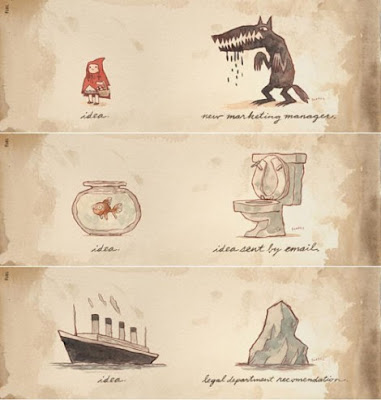In one of the reported studies, the authors observe, “. . . when reading options are limited, students are left with three choices: reading something outside of their interests, obtaining their preferred materials themselves, or not reading at all. Students who cannot afford to buy their preferred materials are more dependent on school sources and, thus, their choices are even more limited.”
Several studies in the article present their findings when groups of boys and girls were asked what they like to read. Generally, both genders in grades three to five like scary, funny, and action-packed stories.
In general, avid readers of both sexes share many of the same reading interests although there are some differences. Girls more frequently choose fiction and boys more frequently choose nonfiction. Girls more frequently prefer to read catalogues, song lyrics, poetry, and cookbooks. Boys more frequently read informational materials about videogames, sports, cars, and trucks. Boys also like fantasy, crime/detective stories, and war/spy stories, comics, graphic novels, and joke books.
Read more.







